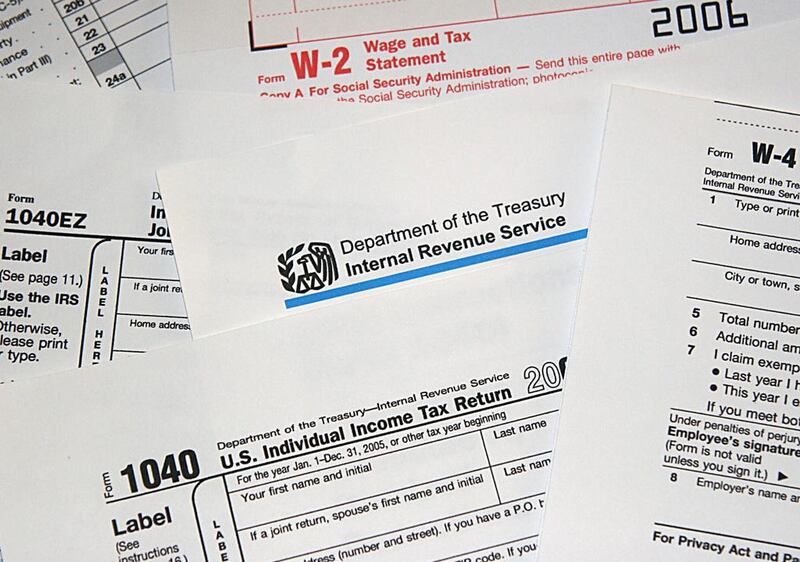Last month we highlighted how non-resident Americans must pay attention to the Foreign Account Tax Compliance Act (FATCA) – legislation enacted in March 2010 by the US Government. The purpose of FATCA is to stop American citizens from evading (intentionally or otherwise) US tax.
However, for those US expats who thought they had read enough on how to manage their tax status, there is more you need to know. Here Andrew Prince, a financial planner at Acuma Independent Financial brings you his second instalment on FATCA:
FATCA requires certain US taxpayers holding foreign financial assets with an aggregate value exceeding $50,000 to report these assets on new IRS form 8938 and this must be attached to the tax payer’s annual tax return.
However arguably, the biggest issue affecting All US taxpayers are PFIC’s (Passive Foreign Investment Companies.) Generally, all non US investment funds are PFICs - including traditional insurance bonds and contractual savings plans. The IRS consider these plans to be “toxic” and without getting bogged down in the detail, the providers are going to report details of their account holders directly to the IRS. Failure to comply will result in onerous penalties on them.
Should you be panicking right now?
I guess the answer to that is, “have you been a naughty boy?” Failure to declare assets / income is potentially a criminal offence with consequences commensurate with that. As professional advisers, we assist clients with tax avoidance, tax evasion however, is a definite no no.
So what could and should you be doing?
Well firstly; make sure that you are up to date with your tax returns.
Secondly; for the slightly better off American’s, there are contracts available that enable you to “wrap” not only your toxic investments into a tax efficient solution, but also create new savings strategies. These solutions are contract based and will ensure that you are free from federal tax; although depending upon your ultimate residential status, you may be liable for state tax.
Are these solutions suitable for everyone?
No. As with many things in life, one size does not fit all, just ask your tailor. However for those who wish to link their investments into a strategy that has the ability to open up the investment universe, coupled with accessibility from the age of 50 and established under advice from a US tax tttorney, then they may just be.
“I give up, they can keep the passport!”
Unfortunately, as easy as the words are to speak, the actions are somewhat harder.
• Proposed exit tax of 30 per cent if renouncing for tax purposes
• Must ensure last five years of filings are up to date before going to embassy
• Must have new citizenship and passport
• Prevents individual getting US passport again
• Estate Tax continues
OK, we have explored the doom and gloom, what are the options?
1) File your tax returns on time
2) Consult with a qualified accountant and possibly a tax lawyer. Also seek independent and qualified independent financial advice from a company specialising in this area who have USA offices.
3) Be honest and use all of the investment tools and tax shelters that are available legitimately
Andrew Prince can be contacted on aprince@acuma.ae
Follow the personal finance team @TheNationalPF







